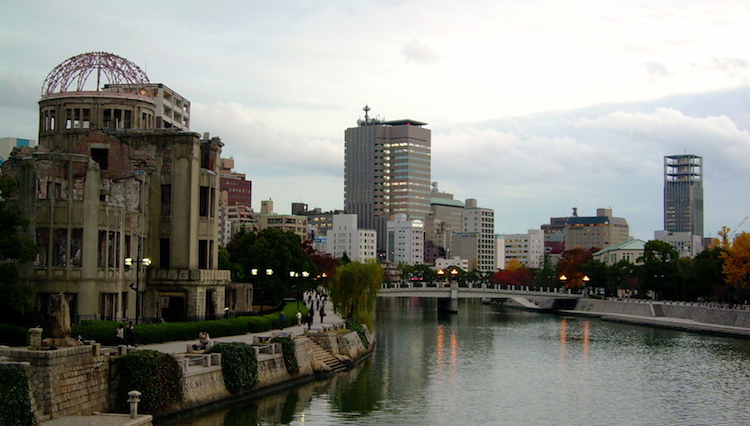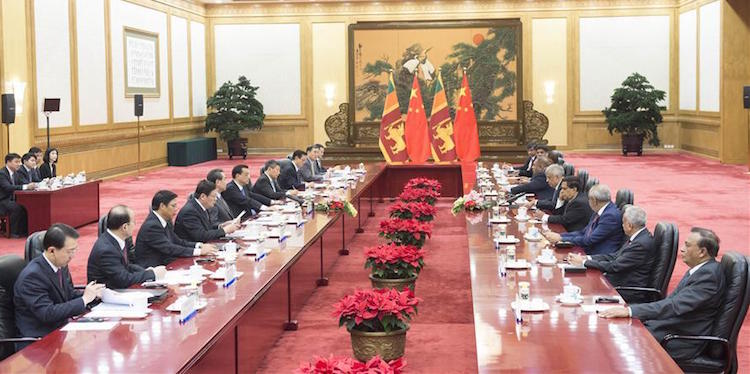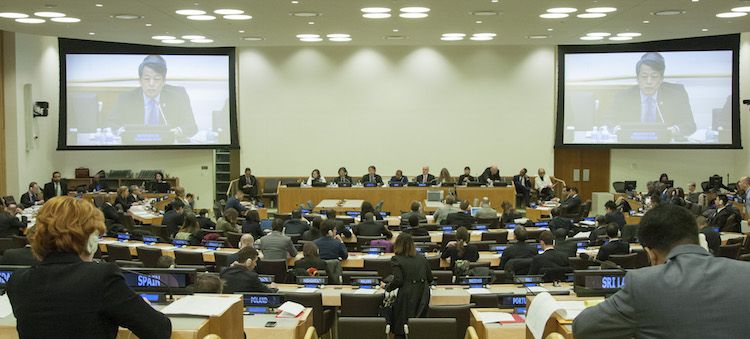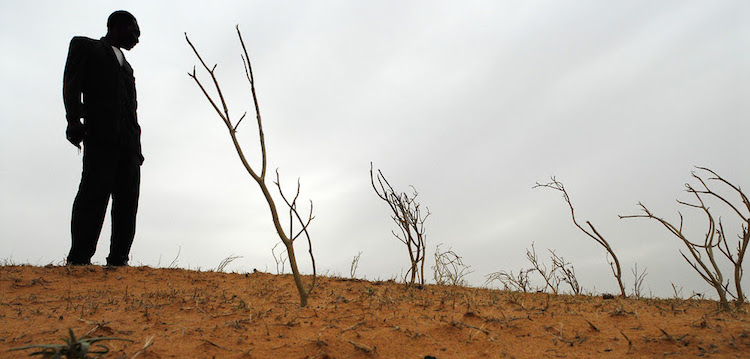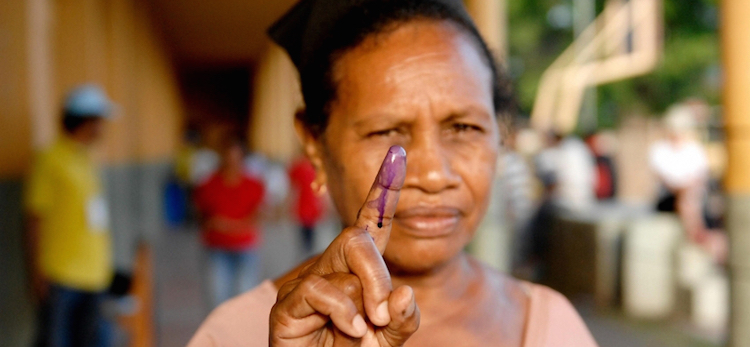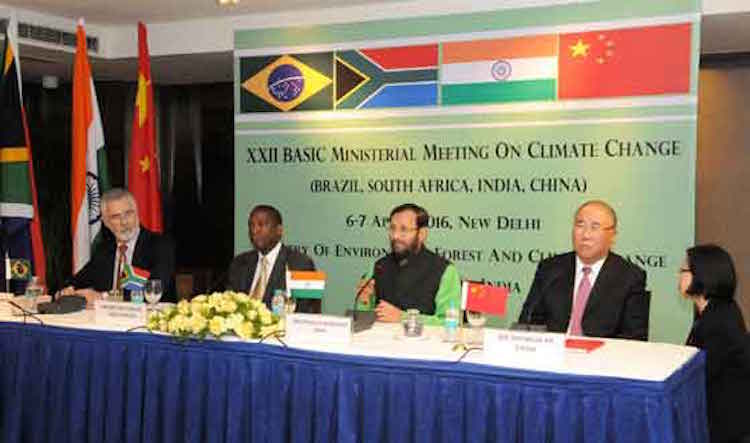Analysis by Ramesh Jaura
UNITED NATIONS (IDN) – Before the UN Disarmament Commission started the second week of its session at the United Nations headquarters in New York, a joint statement issued in Hiroshima by the Japan NGO Network for Nuclear Weapons Abolition and the Hiroshima Alliance for Nuclear Weapons Abolition (HANWA) declared: “The prospect for a nuclear-free world is not bright.”
The statement emerging from Citizens Symposium some 7,000 miles away from New York on April 10 and addressed to the G7 governments – Britain, Canada, France, Germany, Italy, Japan and the United States – said: “Today, the over 15,000 nuclear warheads that exist on the planet continue to threaten the existence of humanity. Nuclear proliferation continues and the vicious cycle involving poverty, inequality, environmental degradation and violence is bringing about various kinds of humanitarian crises across the world.”

